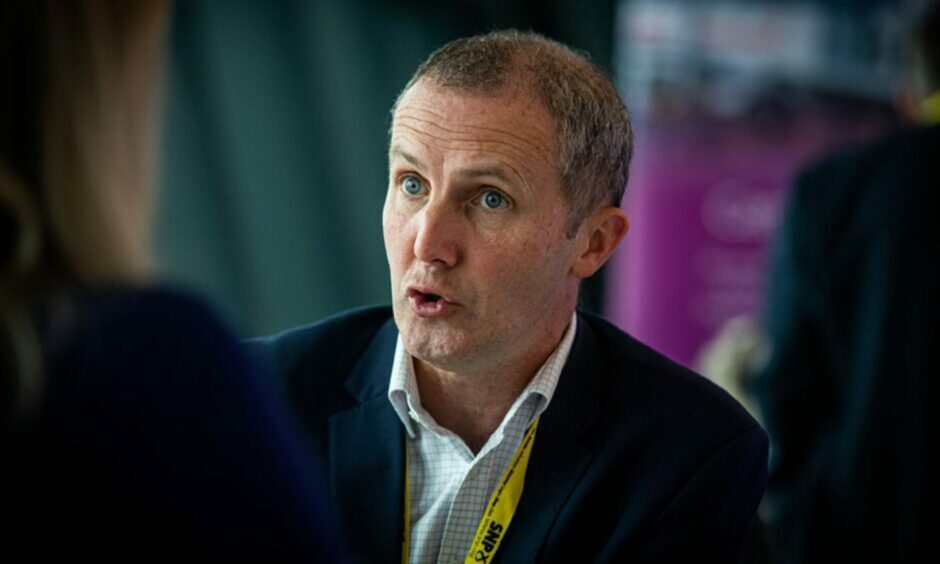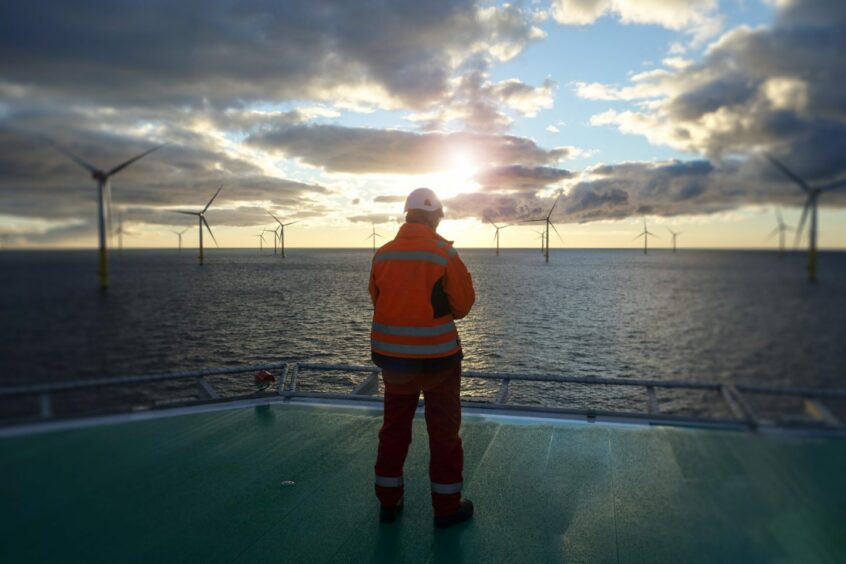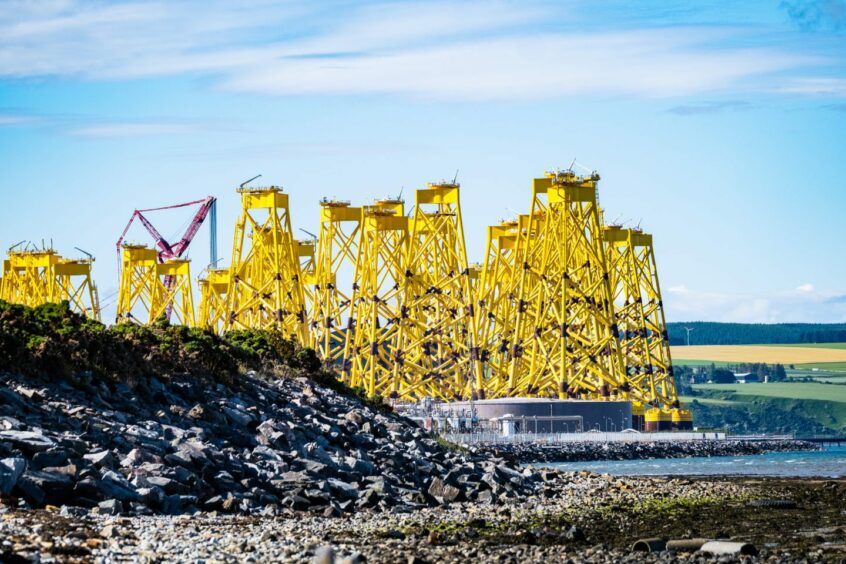
Scotland’s net zero and energy secretary is fearful the offshore wind sector won’t have enough workers to deliver projects.
During his keynote speech at the Floating Offshore Wind 2022 conference in Aberdeen, Michael Matheson described “access to labour” as the “area that worries me most”.
A dearth of available talent is already hampering the energy industry in its bid to scale up supplies of oil and gas and renewables.
Many companies have said they are struggling to fill employment gaps, and it’s an issue that’s tipped to worsen in the coming years,
In an effort to ease the problem, an “emergency summit” focussing on transitioning Scottish workers from oil and gas to renewables is scheduled to take place next month.
Due to take place in Aberdeen, it will bring together key stakeholders from private sector, regulators and “a range of other” organisation.
Mr Matheson said: “It is absolutely essential that we recognise that our oil and gas sector here in Scotland is one of our biggest strengths in helping to support our transition to renewable energy and to offshore floating wind in particular.

“Our expertise in areas such as subsea in Aberdeen is second to none in the world; it is a global centre of expertise and we need to make sure that we capitalise on that.
“Just next month I’ll be hosting an emergency summit which will bring together a whole range of key stakeholders to make sure that we are doing everything that we can to help support those working in the oil and gas sector to transition into renewables.
“At that meeting we’ll have stakeholders from the private sector, regulatory agencies, government and a range of other support organisation, such as higher education and certifiers.
“They will all be looking to how we can make sure that we create a pathway for those that work in oil and gas and those that want to go into renewables to be able to get the skills and training necessary.”
Key to preventing offshore workers being left on the scrapheap will be ensuring that fabrication work for Scottish offshore wind projects is carried out domestically.
There are still well-founded fears, based on the industry’s track record, that most of the manufacturing work for ScotWind schemes will take place overseas.
Measures are being taken try to avoid mistakes from being repeated, with winners in the leasing process detailing how they planned to use the local supply chain.
While acknowledging that not all the manufacturing work can take place domestically, Mr Matheson stressed he expects a “significant amount” to be done in Scotland.
He added: “It would be wrong for Scotland to simply become a production base for energy, without also having the manufacturing capabilities that go along side many of these developments.
“That doesn’t mean that everything has to be made here in Scotland – that’s just not going to happen – but it also doesn’t mean that there can’t be a significant amount of it manufactured, developed and maintained here.”
Recommended for you


 © Supplied by Stuart Nicol
© Supplied by Stuart Nicol